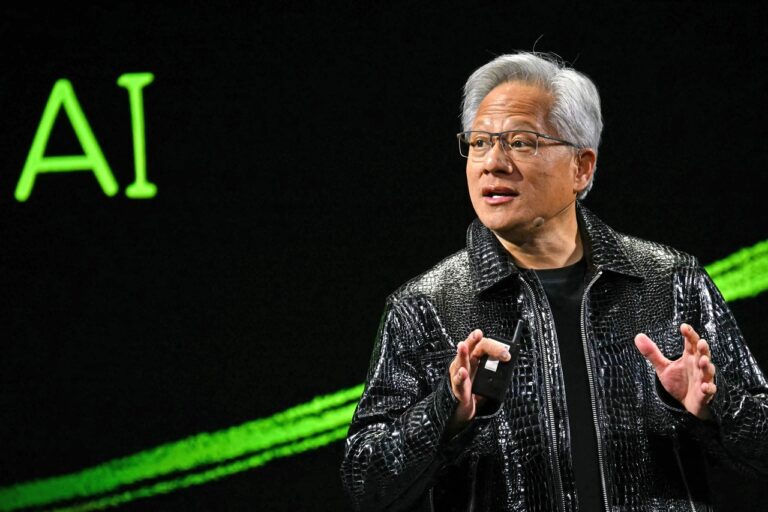
The system showcased a 72% accuracy rate in predicting the disease's onset, years before traditional diagnostic methods would detect it.
In the ongoing battle against Alzheimer’s disease, a condition for which a cure remains elusive, a groundbreaking study introduces a beacon of hope. Researchers from the University of California, San Francisco (UCSF), and Stanford University have developed an artificial intelligence (AI) model capable of predicting the onset of Alzheimer’s up to seven years in advance. This innovative approach leverages machine learning to analyze over 5 million health records, identifying patterns that precede the disease’s development. The findings, promising a new era of preemptive healthcare strategies, offer a glimpse into the future of medical diagnostics and disease management.
Understanding the AI Model’s Approach and Accuracy
The AI model stands out for its ability to sift through massive datasets, connecting the dots between Alzheimer’s disease and various risk factors. In testing, the system showcased a 72% accuracy rate in predicting the disease’s onset, years before traditional diagnostic methods would detect it. Such predictive power derives from the AI’s comprehensive analysis of risk factors, including but not limited to high blood pressure, high cholesterol, and vitamin D deficiency.
Risk Factors and Gender-Specific Insights
Notably, the model illuminated several conditions as potential predictors of Alzheimer’s, such as depression and osteoporosis, with specific factors like erectile dysfunction and an enlarged prostate being significant for men, and osteoporosis marked as a considerable predictor for women. These insights do not imply a direct causation but rather highlight patterns worth further investigation for their predictive value.
From Data to Diagnosis: The Broader Implications
The study’s implications extend beyond Alzheimer’s prediction. It exemplifies how AI and machine learning can revolutionize our approach to diagnosing and understanding complex diseases. By identifying a combination of diseases and conditions that precede Alzheimer’s, the research sheds light on the disease’s multifaceted nature and opens new avenues for exploring its causes and potential preventive measures.
Looking Ahead: AI’s Role in Healthcare
This breakthrough represents a significant step towards utilizing routine clinical data for early disease identification and a deeper biological understanding. It underscores the potential of AI in transforming healthcare, offering a path to early intervention that could mitigate the impact of Alzheimer’s and reshape the landscape of disease prevention and management.
Stay informed with The Breaking AI, where we bring you the latest and most significant AI news in bite-sized portions. Tune in next week for more updates from the forefront of artificial intelligence research and development.


